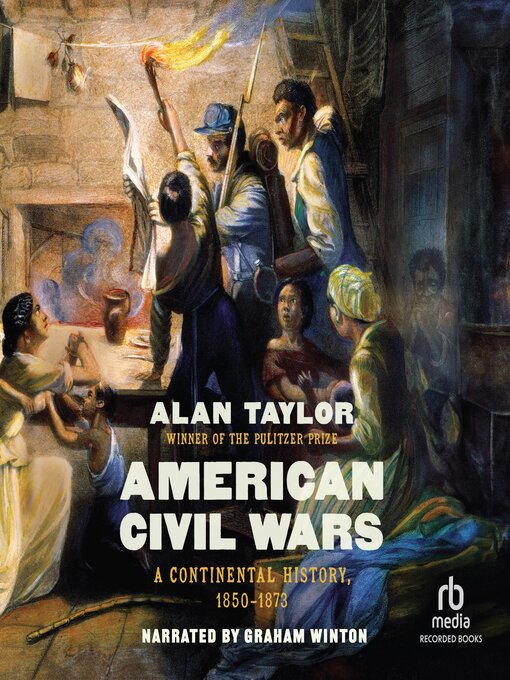- Available now
- New eBook additions
- New kids additions
- New teen additions
- Most popular
- Try something different
- See all ebooks collections
- Available now
- New audiobook additions
- New kids additions
- New teen additions
- Most popular
- Try something different
- See all audiobooks collections
- Favorite Magazines
- Just Added
- Health & Fitness
- Cars & Motorcycles
- Food & Cooking
- Crafts & DIY
- Business & Finance
- News & Politics
- See all magazines collections

